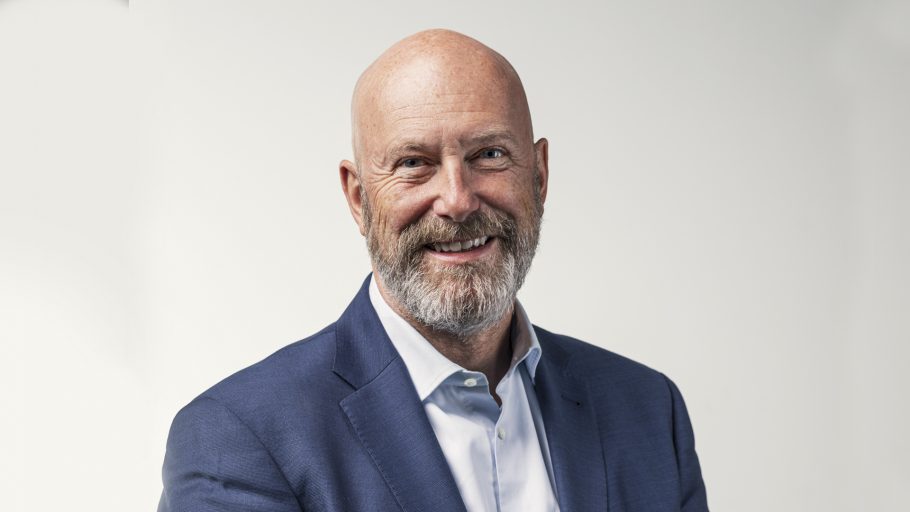Falun is well known in the world of data centers thanks to EcoDC. We began in 2012 as a project managed by the municipality-owned Falu Energi & Vatten or combined heat and power plant (CHP). The idea behind EcoDC was to find a way to reuse the heat from a data center and develop an energy solution from the CHP into an ecosystem.
The energy solution identified as being most efficient was derived from a combination of (1) contributing heat into the district heating system, which is required during cold seasons, and (2) injected into industrial process producing pellets.
Since building data centres is a capital-intensive business, the municipality decided not to build the data centres themselves and invited private participation. Thus, we have Lars Thunell as chairman of the board for EcDC AB (Ltd). He is a well-known Swedish businessman and former CEO of SEB (one of the largest banks in the Nordics).
I joined EcoDC as CEO in 2016. My mission was to assess the business opportunity of building a data center and finalize an energy design solution for reusing the dissipated heat by servers together with the CHP. I always have been attracted to the sustainable approach. I believe that it is the way forward for global businesses as a whole. EcoDC’s ideas aligned with mine. I realized that sustainability could become a unique selling point and, in combination with highest physical security availabile, would become the service offering to the market.
In beginning of 2017, part of the land—about 80,000 m2 in total—was purchased. By the end of that year, the first data center in Falun started coming up. We soon realized that market demand for green data centers was growing significantly, thereby more equity was required in order to sustain growth. That led to the entry of a new main shareholder—Areim, a Real Estate Investment Trust, backed up by some huge investors. Areim’s investment made it possible for us to build a second data center in Falun, acquire a competitor in PiteМ (Fortlax) and two additional data centers in Stockholm.
In beginning of 2017, part of the land—about 80,000 m2 in total—was purchased. By the end of that year, the first data center in Falun started coming up. We soon realized that market demand for green data centers was growing significantly, thereby more equity was required in order to sustain growth. That led to the entry of a new main shareholder—Areim, a Real Estate Investment Trust, backed up by some huge investors. Areim’s investment made it possible for us to build a second data center in Falun, acquire a competitor in PiteМ (Fortlax) and two additional data centers in Stockholm.
The CHP and EcoDC ecosystem achieved our goal of creating an efficient way to reuse the heat. Both (1) straight into the district heating system and (2) into the factory producing pellets.
The district heating system provides heat to the municipality mainly by using second forest material (bark, saw dust, branches, etc.). But during winter, when the temperature goes below -11 degrees Celsius, there is a need for KPG-gas. When it gets even colder, -18 and lower, the CHP uses oil.
The EcoDC ecosystem enables a certain amount of heat to be used in two ways. When used in the district heating system, avoiding usage of gas or oil, our solution avoids a lot of CO2eq emissions. And using our pellets at homes and offices, instead of oil-burners, also helps reduce a significant amount of CO2eq emissions.

Since EcoDC conforms to high standards of energy efficiency and uses only renewable power available at the site, the data centre had low CO2 emissions to start with, also considering all embedded emissions in e.g. power and lithium-ion batteries. But the avoidance of CO2eq from the heat-reusage avoids so much CO2eq emissions so that the total calculation becomes positive, i.e. we avoid more emissions than the design and operation is carrying.
ABOUT THE AUTHOR
Lars Schedin is the CEO of EcoDatacenter. Previously, he has been CEO, COO, CFO and Board member at various organizations in Sweden. Schedin is highly skilled within strategic planning, business development, performance management and business analysis.

